Refluxgate offers high-quality, scientifically-sound, clearly-written information on reflux by physicians, researchers, and medical journalists.
Our primary focus is respiratory reflux (silent reflux or LPR). We also cover gastroesophageal reflux (GERD).
We interview and collaborate with world-renown specialists to provide up-to-date, relevant, and medically verified information.

Leading reflux and gastric motility specialist. Known for teaching physicians the Stretta procedure. Learn more

Practicing ENT specialist with expertise in vagal neuropathy (nerve damage often causing symptoms alongside LPR). Learn more

Professor of neurogastroenterology and motility, with expert knowledge on reflux hypersensitivity. Learn more
Silent reflux is much harder to detect than classic reflux. It affects the airways. Symptoms can be slow to manifest and difficult to identify. Hoarseness, chronic cough, post-nasal drip, and asthma are some typical symptoms. Start here:
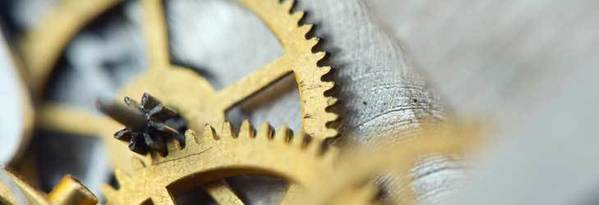
Understand the science behind silent reflux, the impact of nutrition, and which lifestyle changes can be effective against LPR.
Read more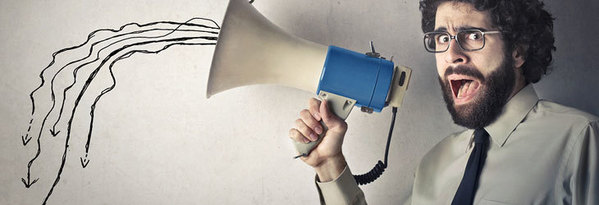
Hoarseness, post-nasal drip, a lump in your throat, or trouble swallowing? These could be signs you have LPR. Learn about the common symptoms.
Read more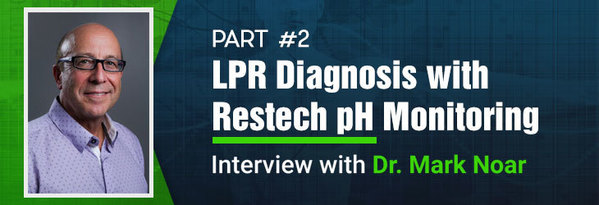
Diagnosing LPR can be challenging. It needs an experienced physician to select appropriate tests and interpret them correctly. Explore the diagnostic process.
Read more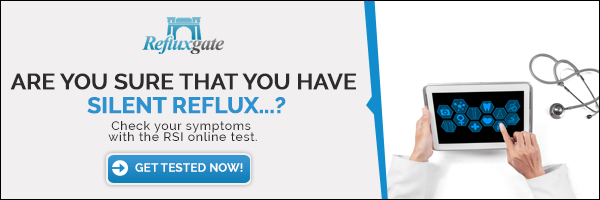
Worried you might have LPR? Take the Reflux Symptom Index (RSI) test online. This questionnaire is used by physicians and researchers.
Take the Test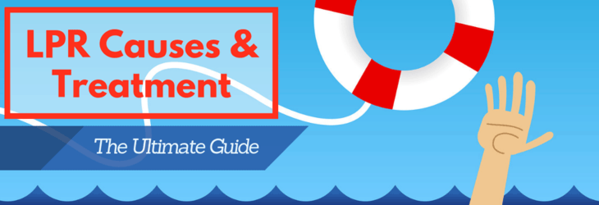
Why did you develop LPR? Learn about the physical factors involved, such as malfunctioning sphincters, and the different approaches to tackle these issues.
Read moreLearn more about classic heartburn and gastroesophageal reflux disease (GERD).
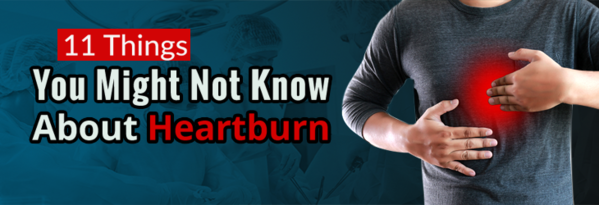
There are many myths and misconceptions about heartburn. Discover 13 core facts any patient should know to better manage their condition.
Read more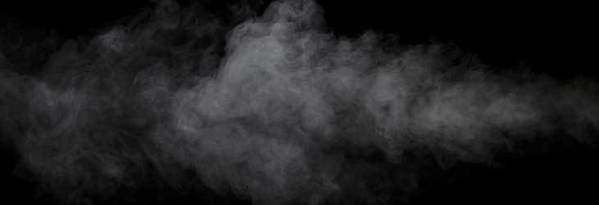
Anti-acid medication is common for GERD but has limited effectiveness. Examine the pros and cons to make informed decisions about your treatment.
Read more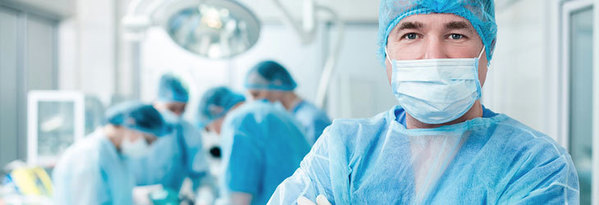
When is surgery the right option? Understand the considerations, the procedure, and how to choose the best surgeon if other treatments haven't worked.
Read more
Lead Editor & Journalist
Gerrit is a German data scientist & medical publisher with a background in qualitative research. Read more.

Research & Editor
Sarah is a biologist who's work focuses on how nutrition affects chronic diseases.

Editor & Proofreader
Mel is a certified health & wellness coach passionate about transforming lives through plant-based nutrition.